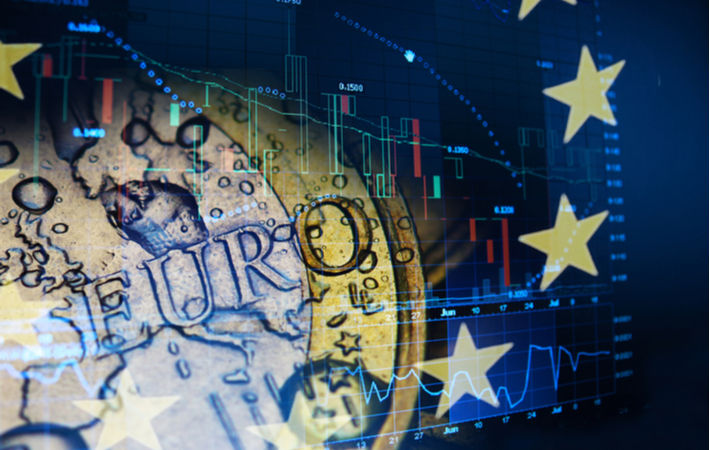The European economy is projected to rebound faster than previously expected as activity in the first quarter of the year exceeded expectations and the improved health situation prompted a swifter easing of pandemic control restrictions in the second quarter, according to the Summer 2021 interim economic forecast by the European Commission.
The economy in the European Union (EU) and the euro area is set to expand by 4.8 per cent this year and by 4.5 per cent in 2022, the forecast said.
Compared to the previous forecast in the spring, the growth rate for 2021 is significantly higher in the EU and the euro area, while for 2022, it is slightly higher in both areas.
Real gross domestic product (GDP) is projected to return to its pre-crisis level in the last quarter of 2021 in both the EU and the euro area. For the euro area, this is one quarter earlier than expected in the Spring Forecast, according to a press release from the Commission.
Growth is expected to strengthen due to several factors. First, activity in the first quarter of the year exceeded expectations. Second, an effective virus containment strategy and progress with vaccinations led to falling numbers of new infections and hospitalisations, which in turn allowed EU member states to reopen their economies in subsequent quarter. This reopening benefited service sector businesses in particular.
Upbeat survey results among consumers and businesses as well as data tracking mobility suggest that a strong rebound in private consumption is already under way. In addition, there is evidence of a revival in intra-EU tourist activity, which should further benefit from the entry into application of the new EU Digital COVID Certificate as of July 1.
Together, these factors are expected to outweigh the adverse impact of the temporary input shortages and rising costs hitting parts of the manufacturing sector.
Private consumption and investment are expected to be the main drivers of growth, supported by employment that is expected to move in tandem with economic activity. Strong growth in the EU’s main trading partners should benefit EU goods exports, whereas service exports are set to suffer from remaining constraints to international tourism.
The forecast for inflation this year and next has also been revised higher. Rising energy and commodity prices, production bottlenecks due to capacity constraints and the shortage of some input components and raw materials, as well as strong demand both at home and abroad are expected to put upward pressure on consumer prices this year.
In 2022, these pressures should moderate gradually as production constraints are resolved and supply and demand converge, the forecast said.
Accordingly, inflation in the EU is now forecast to average at 2.2 per cent this year and 1.6 per cent in 2022. In the euro area, inflation is forecast to average at 1.9 per cent in 2021 and 1.4 per cent in 2022.
Fibre2Fashion News Desk (DS)
The European economy is projected to rebound faster than previously expected as activity in the first quarter of the year exceeded expectations and the improved health situation prompted a swifter easing of pandemic control restrictions in the second quarter, according to the Summer 2021 interim economic forecast by the European Commission.
